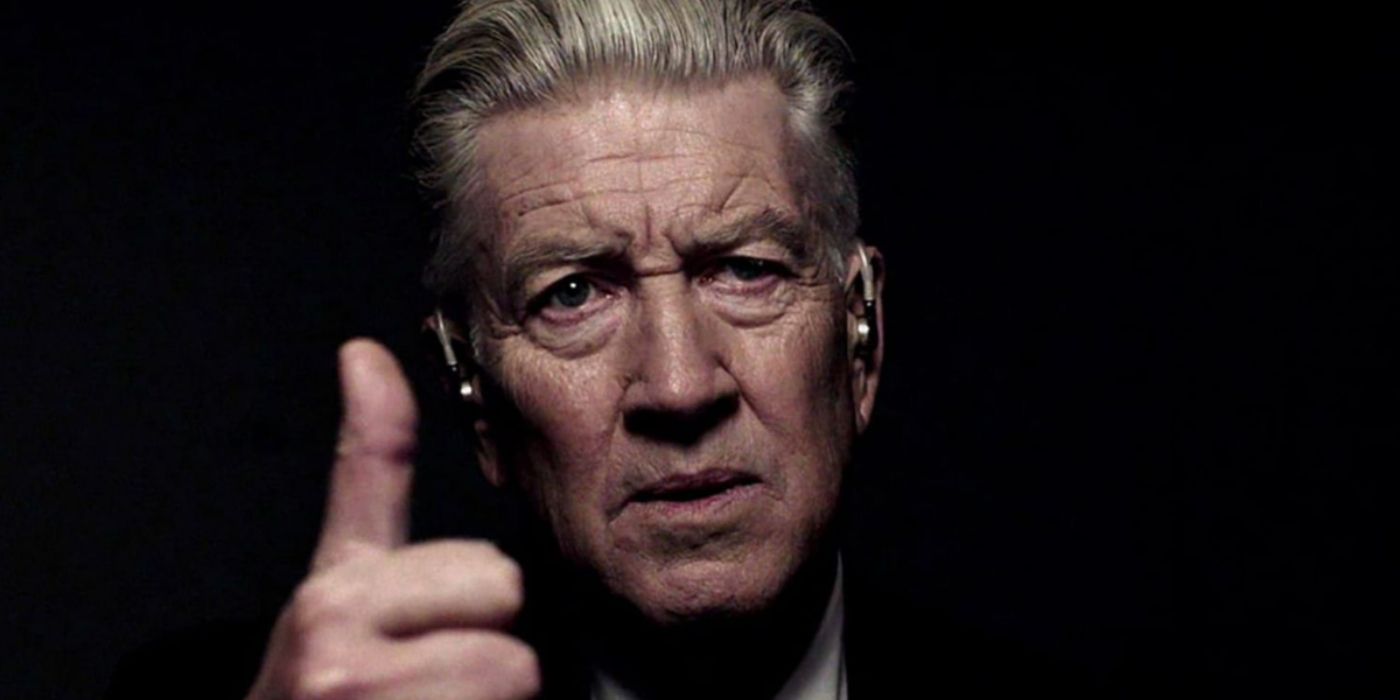
1977 saw the introduction of an unrecognized artist named David Lynch with the release of his surreal black-and-white student film, “Eraserhead.” This hypnotic and dreamlike debut movie centers around Henry, played by Jack Nance, who grapples with stress in a deteriorating cityscape, strains in his marriage, and encounters the terrifying prospect of fatherhood to a deformed newborn.
Over a five-year span with a minimal budget, Eraserhead emerged as a groundbreaking film, showcasing a director overflowing with innovative ideas and vision. Following its release, Lynch quickly gained recognition as one of the most acclaimed directors, consistently pushing boundaries while remaining true to his unique creative style. His impact on filmmakers and audiences was profound; whether you were captivated by the charm of the lady in the radiator, chilled by discovering horrors lurking behind dumpsters, or immersed in the world between the Black and Red Lodge, Lynch’s passing on January 15, 2025, at age 78, is arguably one of the most profound losses in the history of cinema. David Lynch was revered by many.
Regardless of his fame, Lynch’s unique narrative style and persona didn’t always win him the financial backing he needed. For every successful project he brought to life, many more seemed stuck in developmental limbo, never to be realized. So, put on “Good Day Today” from his album Crazy Clown Time, and ponder what might have been, honor the man, and let his boundless oddity echo through the cosmos. These are all David Lynch’s projects that will sadly remain unmade.
13
Wisteria
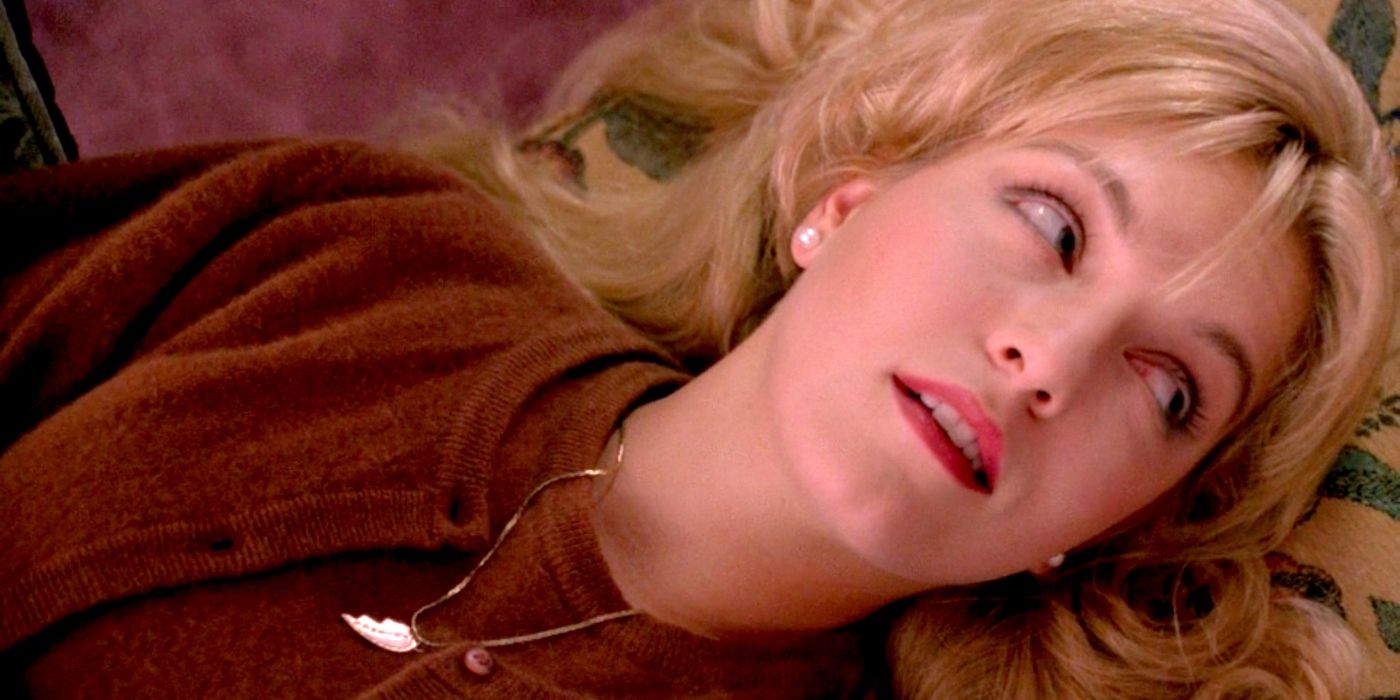
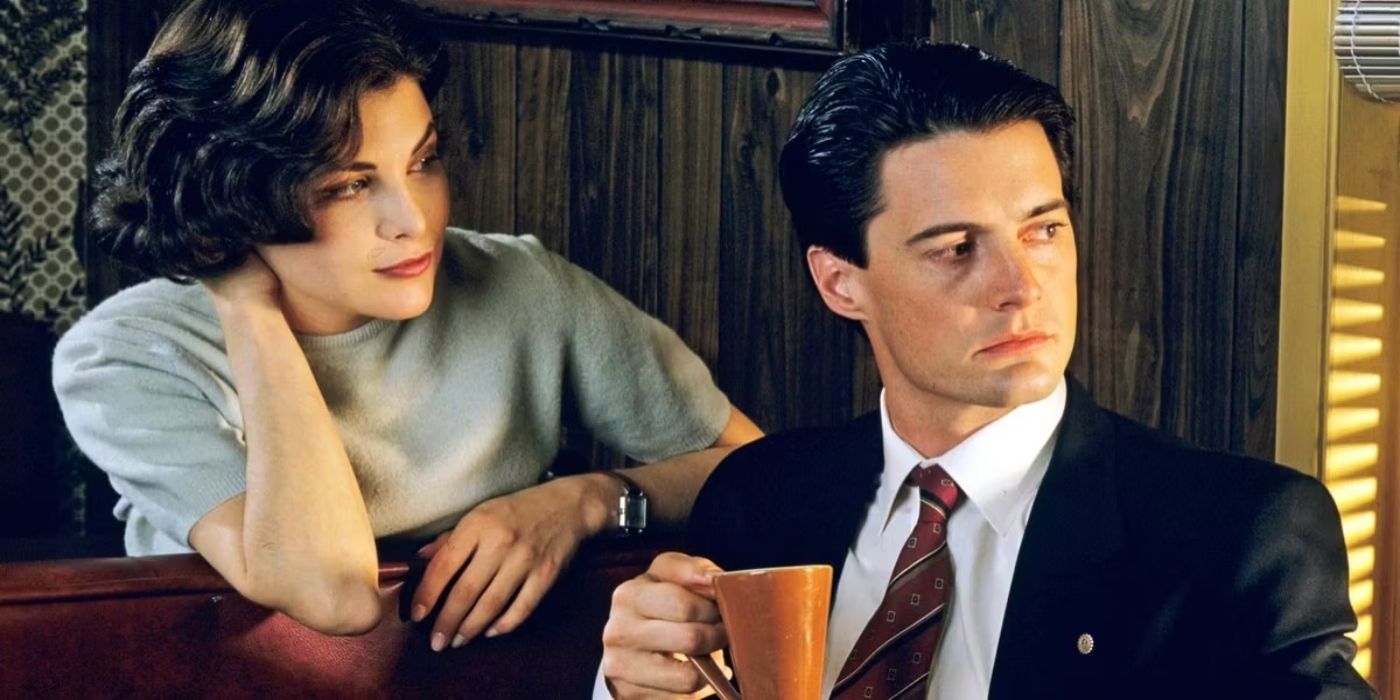
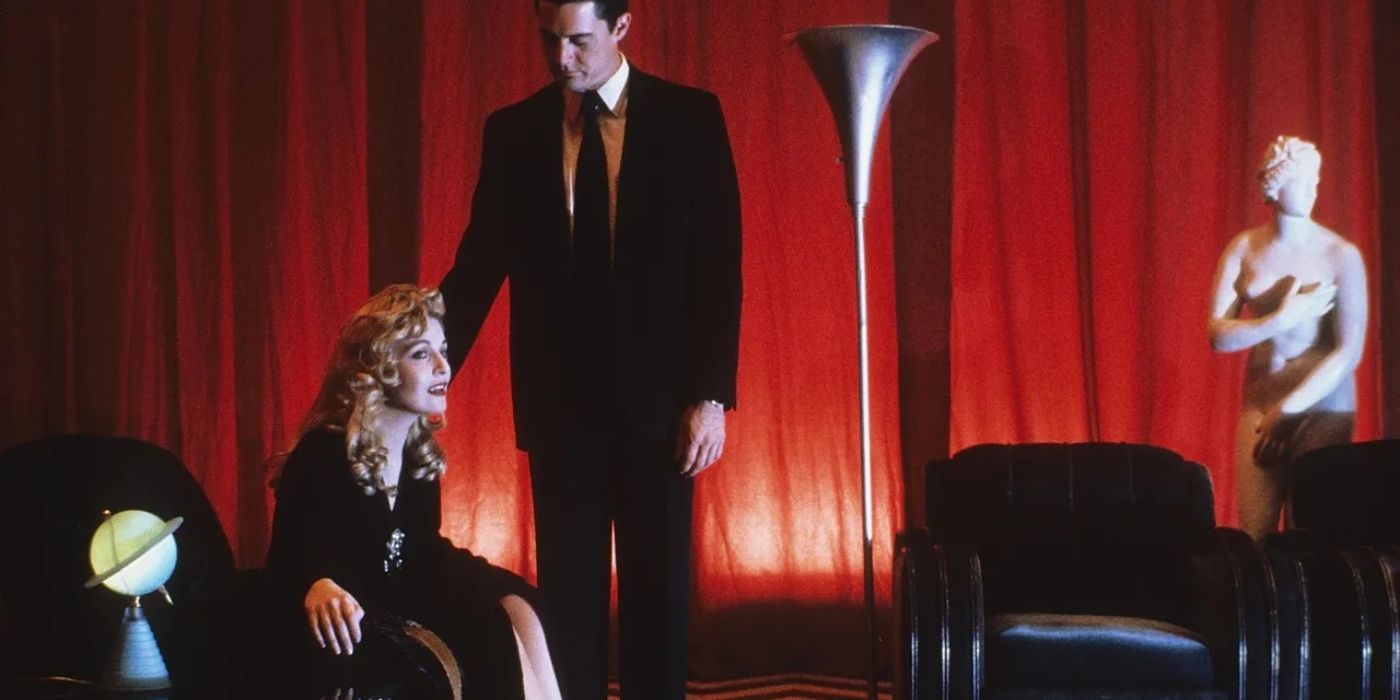
2022 saw whispers spread about David Lynch debuting a highly classified film at the 75th Cannes Festival, marking his first movie since 2006’s “Inland Empire.” Details were scarce, except that Laura Dern was involved in some way and a few other well-known regulars of Lynch’s were on board as well. It didn’t take long for online detectives to link the enigmatic Cannes production to “Wisteria” – the supposed Netflix project that Lynch was rumored to have begun working on in November 2020.
Information regarding the Wisteria series was limited, primarily sourced from Production Weekly, a trade publication utilized for casting films. As per reports, the Netflix series would have comprised 13 episodes and allegedly carried a budget of $85 million. Scripts were registered under Twin Peak Productions, the production company owned by Lynch and Mark Frost, leading some to speculate that it could be a continuation of the original show. Devoted fans also found a street in Odessa, Texas named Wisteria Street, which features a diner; elements significant towards the end of Twin Peaks: The Return.
12
The Metamorphosis
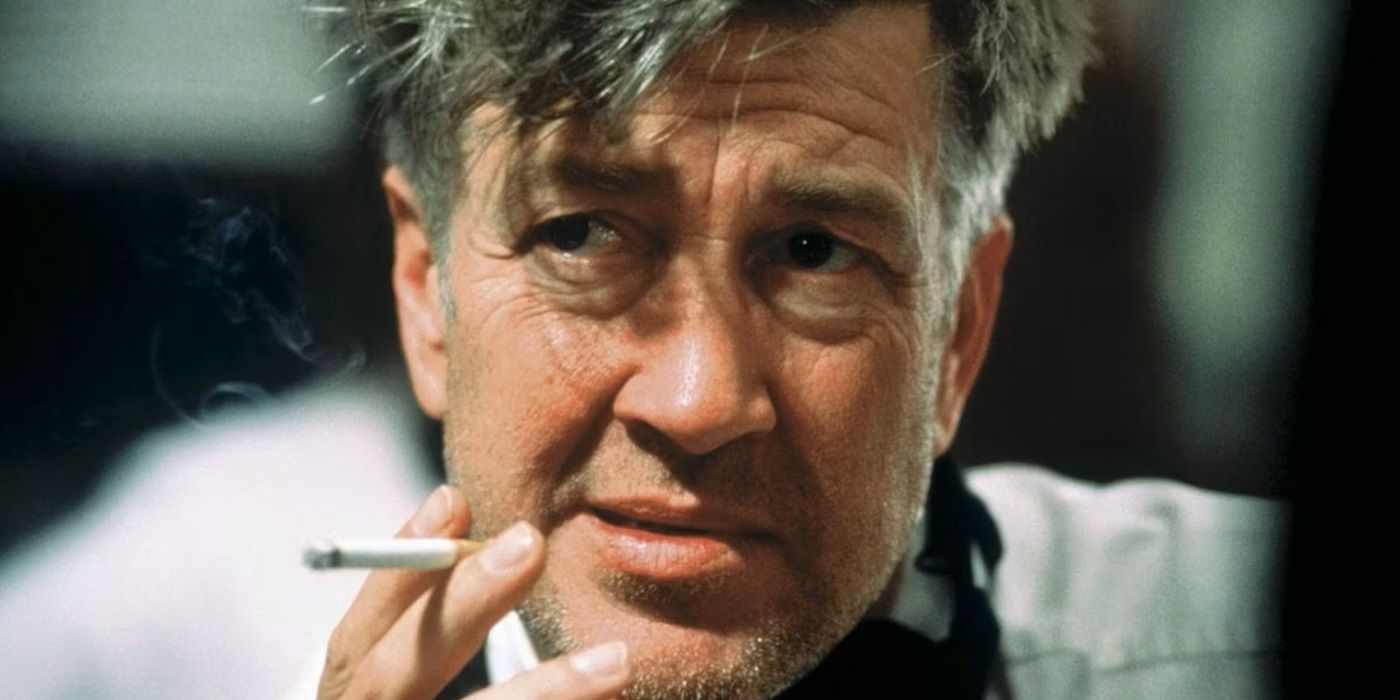
Franz Kafka’s renowned novella, titled “The Metamorphosis“, narrates the unusual tale of Gregor Samsa, a typical salesman who mysteriously transforms into an insect upon waking one day. This narrative is filled with symbolic and fantastical elements, carries a dark humor, and exhibits an uncanny, dreamlike quality; making it ideal for a David Lynch adaptation.
In the 1980s, he drafted a screenplay and started preparations, but soon understood that the financial resources needed to bring “The Metamorphosis” to fruition were beyond his grasp. David Lynch felt that he was straying from the essence of Kafka’s novella in the process, so, to preserve the purity of Kafka’s work, Lynch opted against adapting it. At the 2017 Rome Film Festival, Lynch stated (via The Playlist):
Upon completing the screenplay for a cinematic interpretation of Kafka’s work, I found myself marveling at the profound beauty hidden within his words. The tale, lush with verbal landscapes, transformed into something truly captivating on paper. As I finished writing, it became clear to me that its essence might surpass any potential cinematic representation.
11
‘Twin Peaks: Fire Walk with Me’ Sequel
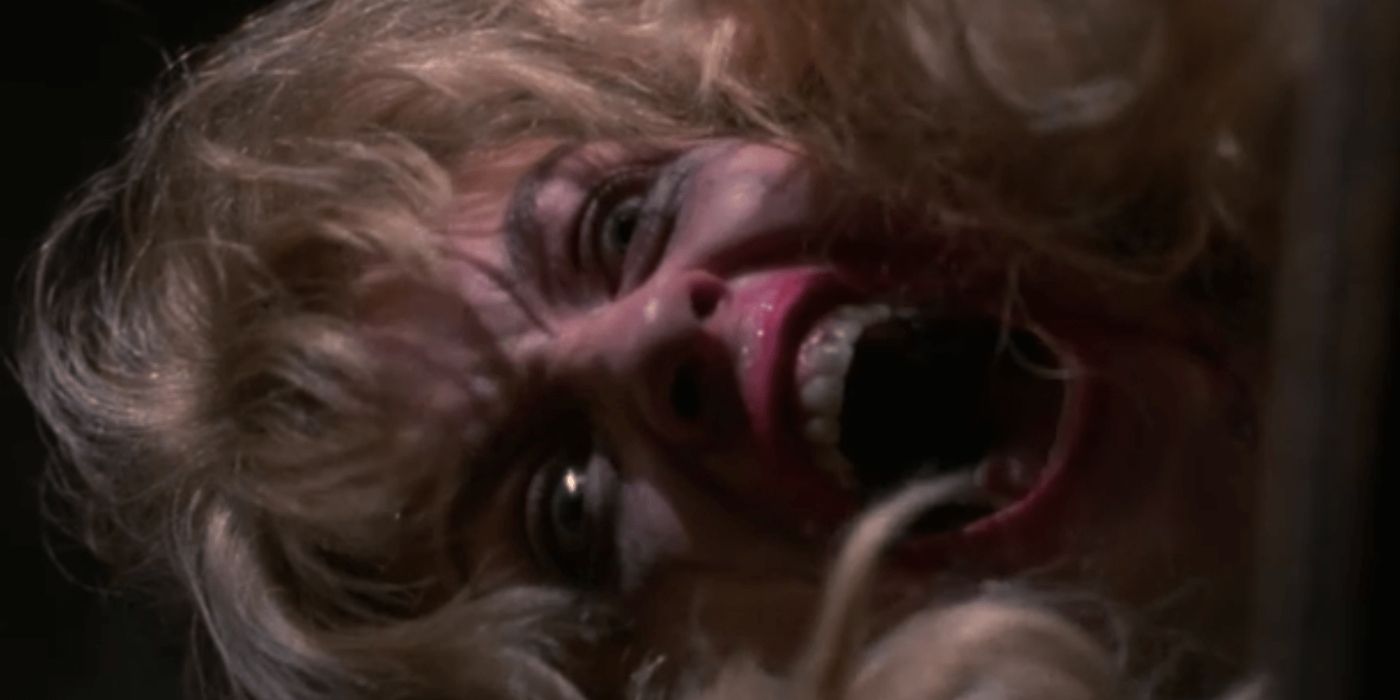
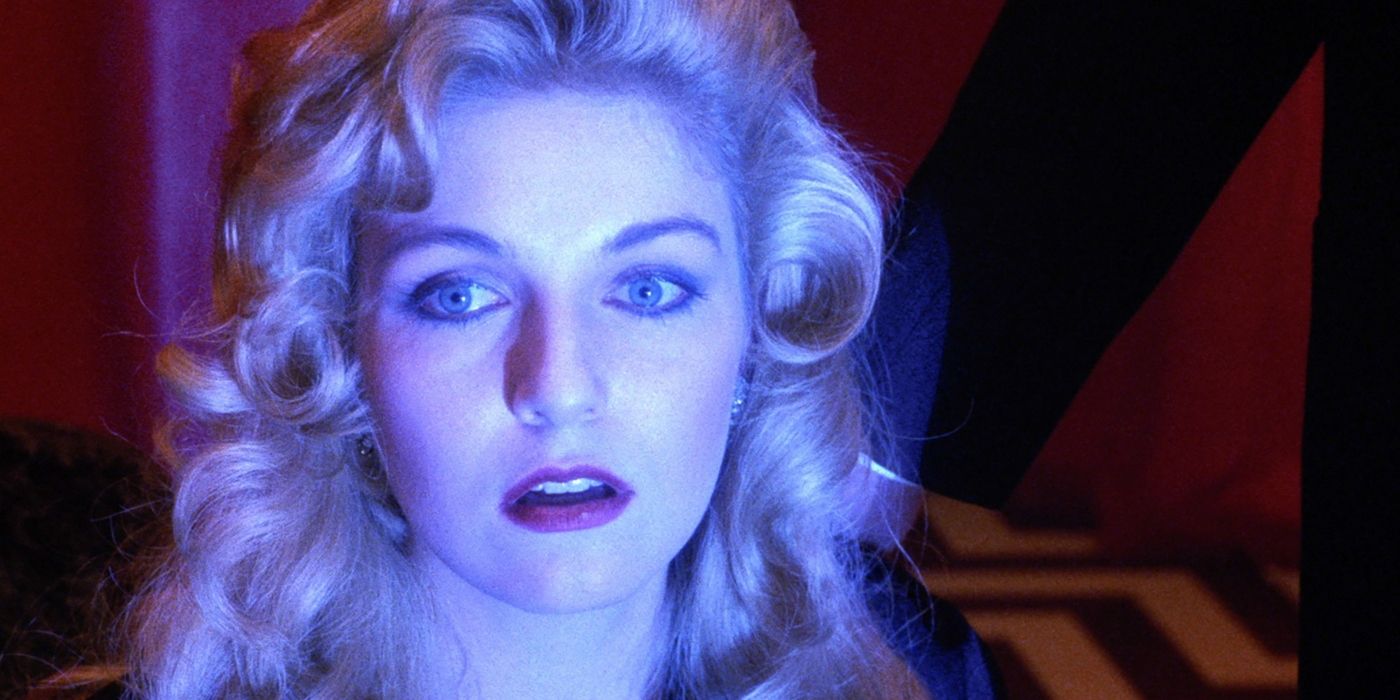
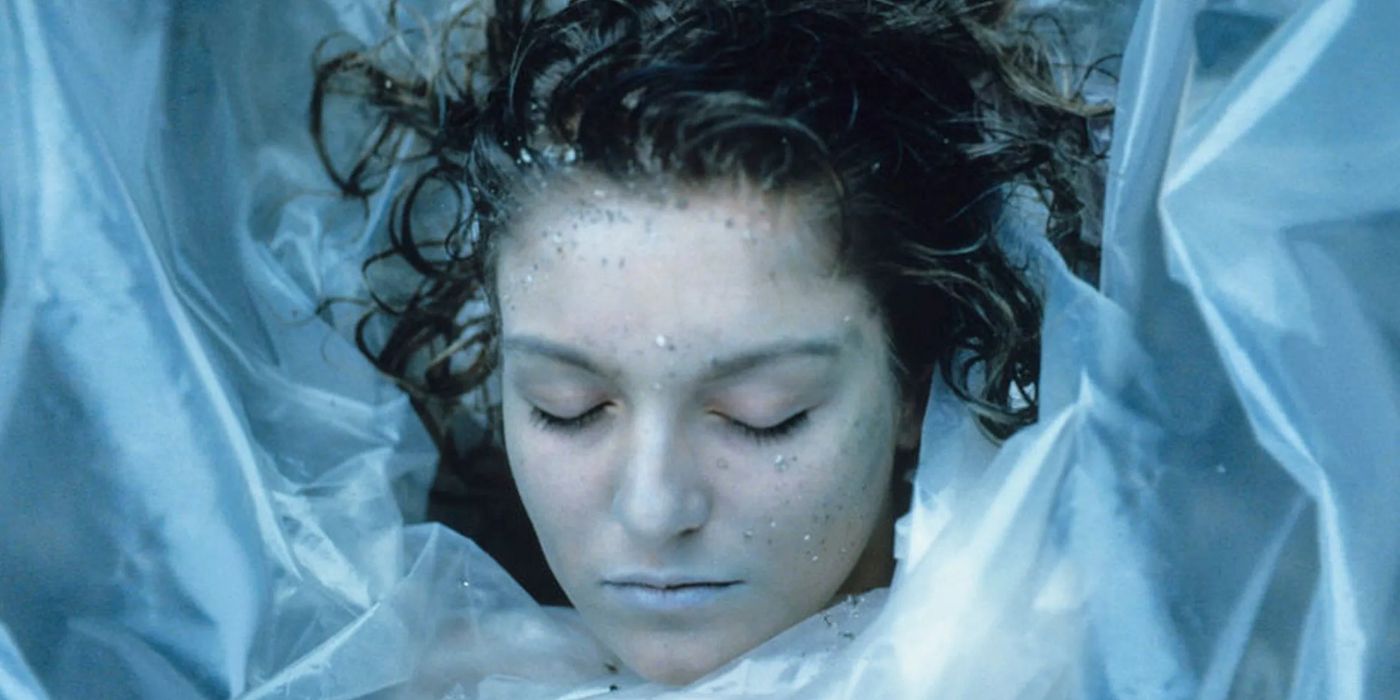
The unique series Twin Peaks, created by David Lynch, was a remarkable blend of surreal art and melodramatic pop, resulting in a genuine cultural sensation. Yet, even though it was groundbreaking, the show was still airing on network television, causing Lynch’s original vision to be watered down due to studio suggestions and censorship. After a controversial second season, Twin Peaks concluded. However, Lynch wasn’t prepared to let go of that universe just yet.
In 1992, David Lynch debuted the prequel movie “Twin Peaks: Fire Walk With Me”, marking the start of a planned series delving into the enigmatic Black Lodge’s mythology. Free from TV censorship, Lynch took creative liberties that were bold. Regrettably, the film flopped at the box office, leading Lynch to shelve any further sequel ideas (until “The Return”, however). Fortunately, over time, the movie has been re-evaluated positively by critics and is now often praised as one of Lynch’s finest productions.
10
Venus Descending

Back in the late ’80s, even before the highly debated “Blonde” by Andrew Dominik stirred up a frenzy, I, as a cinema enthusiast, found myself captivated by David Lynch’s plans for his own fictional biopic of Marilyn Monroe, titled “Venus Descending”. Regrettably, due to various unforeseen circumstances, this film never saw the light of day and remains, unfortunately, an unrealized cinematic dream.
Collaborating with Mark Frost, David Lynch endeavored to transform Anthony Summers’ book, “Goddess: The Secret Lives of Marilyn Monroe,” into a film. Unlike the novel, which stayed factual, Lynch desired to veer off course. The movie would have taken creative liberties with the truth and renamed the character “Rosilyn Ramsey” to avoid potential legal complications. There were even whispers that it would conclude with Ramsey being fictitiously assassinated by a depiction of Bobby Kennedy.
9
Antelope Don’t Run No More
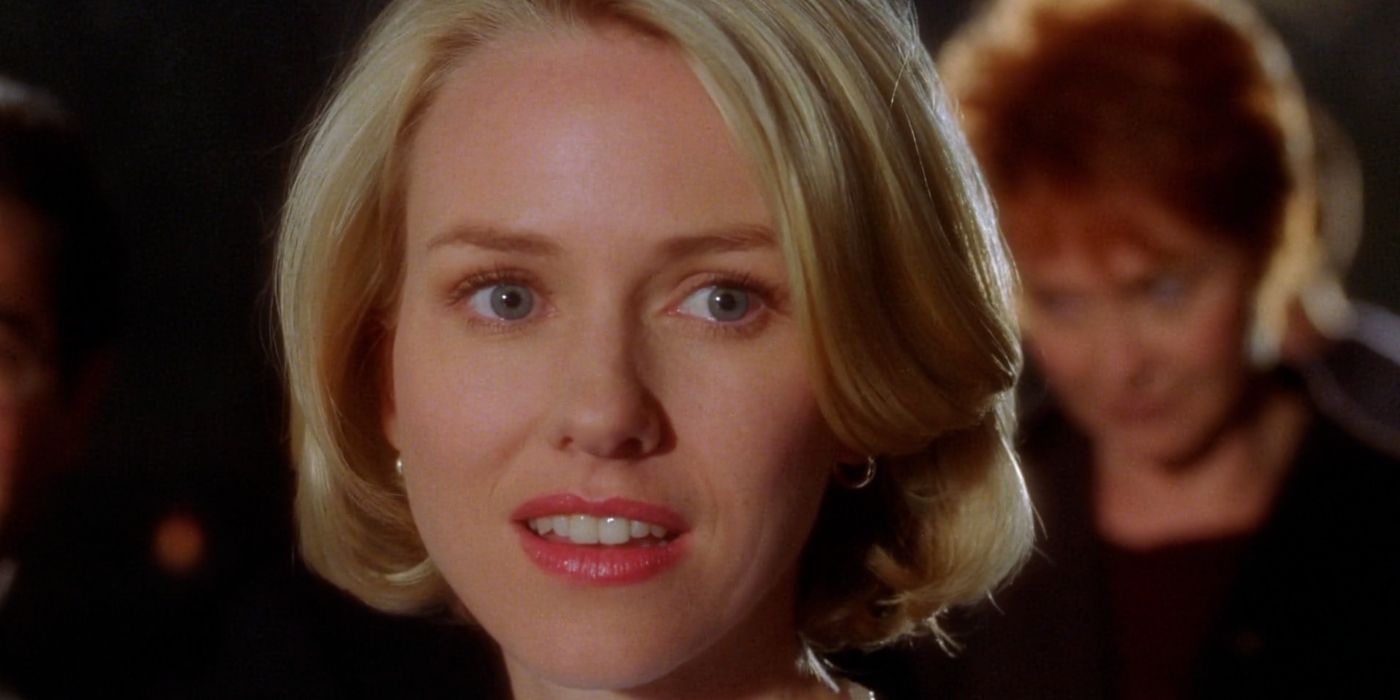
Information about the proposed film titled “Antelope Don’t Run No More” is scarce. It wasn’t until director David Lynch briefly mentioned it in his 2010 memoir, “Room to Dream“, that details emerged. Set in Los Angeles, “Antelope” was intended as a spiritual successor to “Mulholland Drive” and “Inland Empire“. Lynch hinted that it would focus on a musician named Pinky, alien encounters, and speaking animals. In essence, “Antelope Don’t Run No More“, a film conceived by David Lynch, sounds intriguing indeed. Regrettably, this fascinating project will never be realized for public viewing.
8
Dream of the Bovine
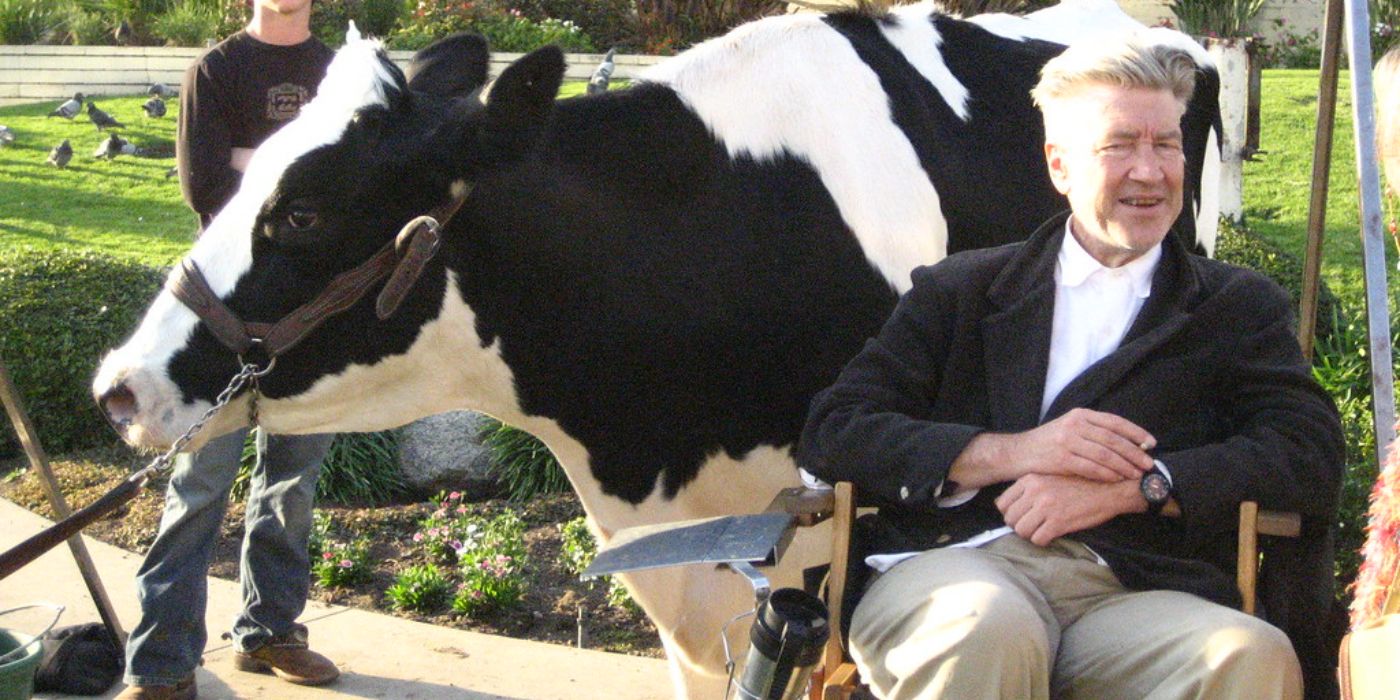
Prior to the creation of “Fire Walk with Me”, David Lynch attempted another project, titled “Dream of the Bovine”, which even by his peculiar standards seemed strange. As Far Out Magazine reports, Lynch collaborated with Mark Engels to create a film they described as “a truly dumb and stupid production intended to be of poor quality.” Engels characterized this film as an absurd comedy about three men, who were formerly cows, trying to adapt their lives in Van Nuys. Interestingly, Lynch has often expressed fondness for cows; he launched a For Your Consideration campaign with a cow to advocate for Laura Dern’s Academy Award nomination for “Inland Empire”.
I’ve heard whispers that the story might be nestled in the artistic heartbeat of Paris during 1911, and that it would be a monochromatic masterpiece. However, neither Lynch nor Engels have officially verified these rumors. Yet, what intrigues me is that Lynch managed to persuade his trusted associate, Harry Dean Stanton, to embark on this adventure with him. Together, they approached the legendary Marlon Brando, a surprising choice indeed. In his book, Room to Dream, Lynch humorously recounts Brando’s response to their proposal.
Harry Dean and I approached Marlon Brando with the idea of them collaborating, but Brando vehemently objected. He glanced at us and remarked, “It’s pompous nonsense,” before sharing his interest in advertising a unique type of cookie made from saltwater grass.
7
Gardenback
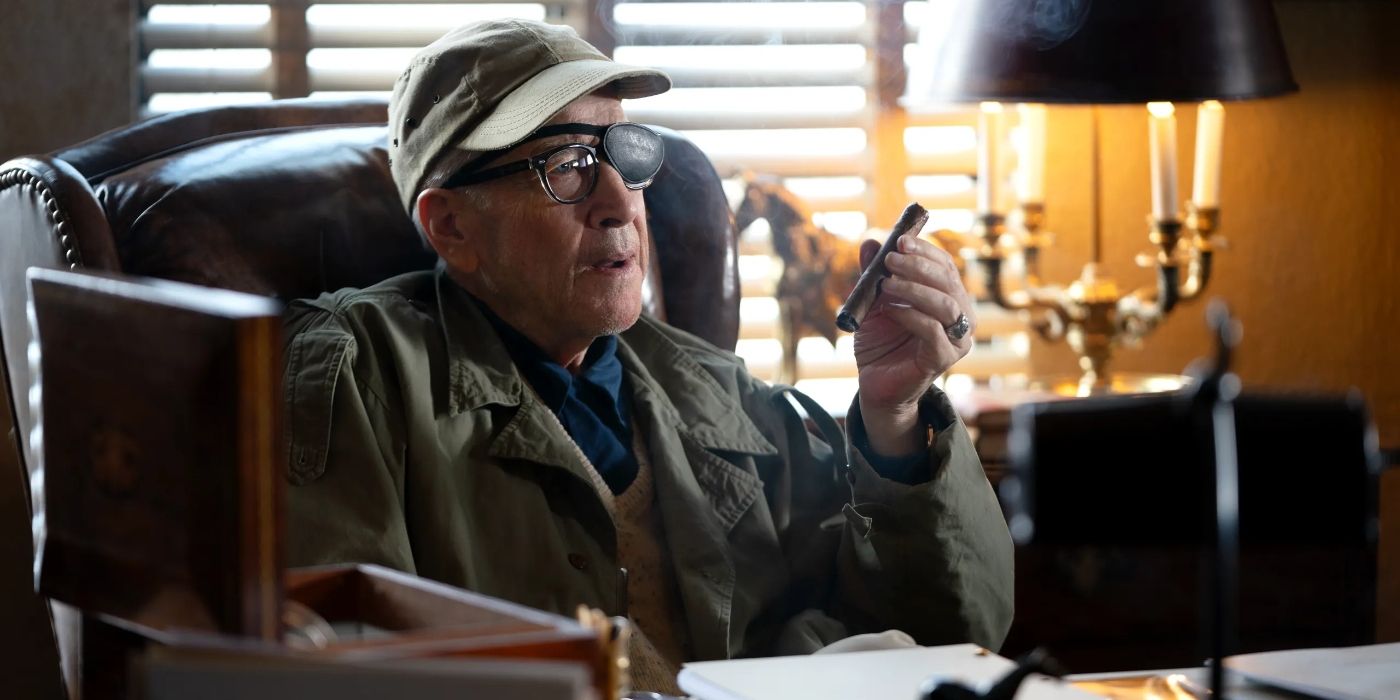
In the year 1970, David Lynch made his way to Los Angeles for filmmaking education at the American Film Institute. Coinciding with this period, he started drafting a screenplay for an eerie horror movie titled “Gardenback.” While specifics are few, the storyline – distinctively Lynchian – revolved around a man cultivating a garden on his own back, and a resident insect within it. In an interview from Chris Rodley’s 1997 book “Lynch on Lynch,” the visionary director shared these thoughts on “Gardenback”:
In my initial year at the Center, I dedicated my time to revising a 45-page script titled “Gardenback” that I had penned earlier. The narrative for this script was inspired by a painting I had created. The script contained a plot, which in my imagination, included elements of a creature often referred to as a ‘monster’. In this tale, the creature is portrayed as an insect. Furthermore, when looking at a girl in the story, there’s a transfer of something from her to the observer, and in this context, that something represents an insect.
The financiers deemed Lynch’s proposal as insane: he submitted a detailed 45-page plan without dialogue, traditional plot, or substantial character growth. They insisted he needed to completely revamp the screenplay, which Lynch reluctantly did. However, after a year, Lynch completed the script but considered it “essentially worthless.” He felt his vision had been compromised and refused to produce what he viewed as a subpar film. Fortunately, Lynch had another concept in reserve: a 21-page draft that would eventually transform into Eraserhead.
6
Untitled Audrey Horne Spinoff
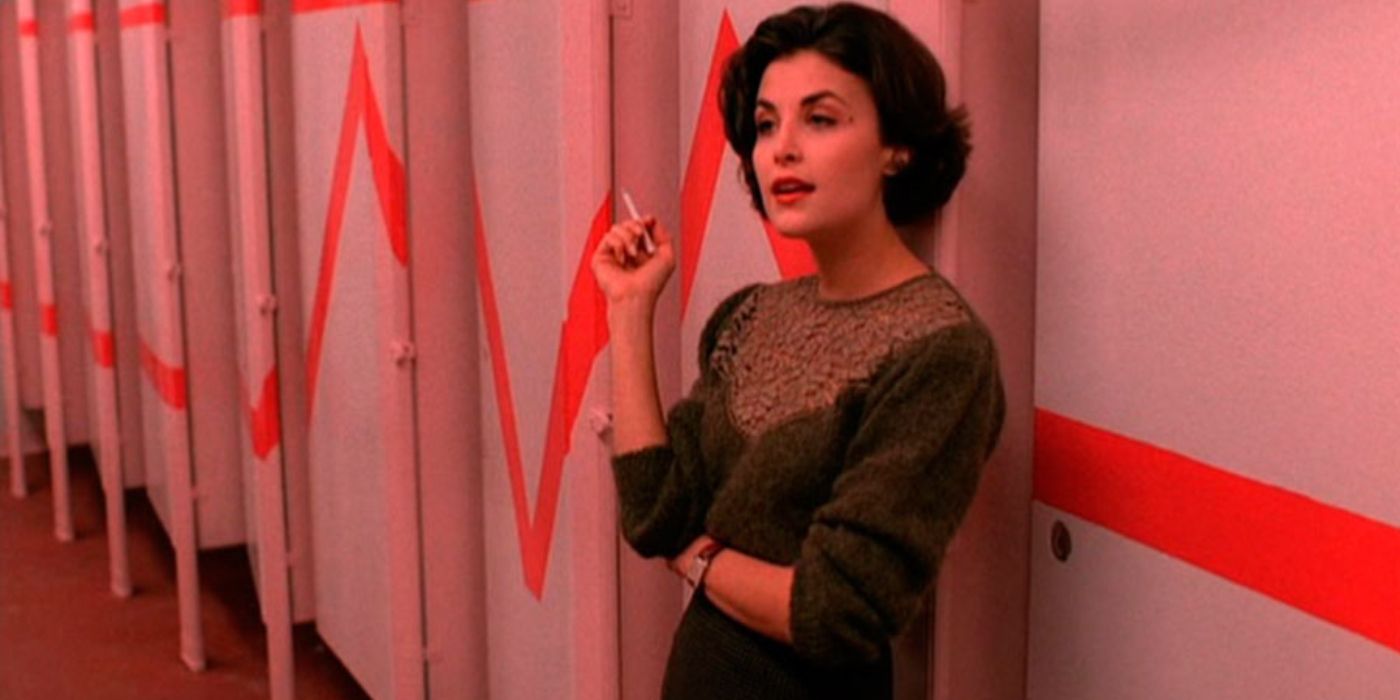
After the cancellation of Twin Peaks in 1991, David Lynch and co-creator Mark Frost conceived a spin-off series centered around the character of Audrey Horne. In this proposed storyline, Horne would relocate to Los Angeles to chase her dreams in show business. According to Frost, they envisioned the series as a contemporary film noir. Although the project didn’t progress beyond the concept stage, Lynch reworked the idea and disconnected it from Twin Peaks, utilizing the foundation of Audrey Horne’s spin-off as inspiration for his now iconic movie script, Mulholland Drive. Later on, he reintroduced Audrey Horne in Twin Peaks: The Return.
5
One Saliva Bubble
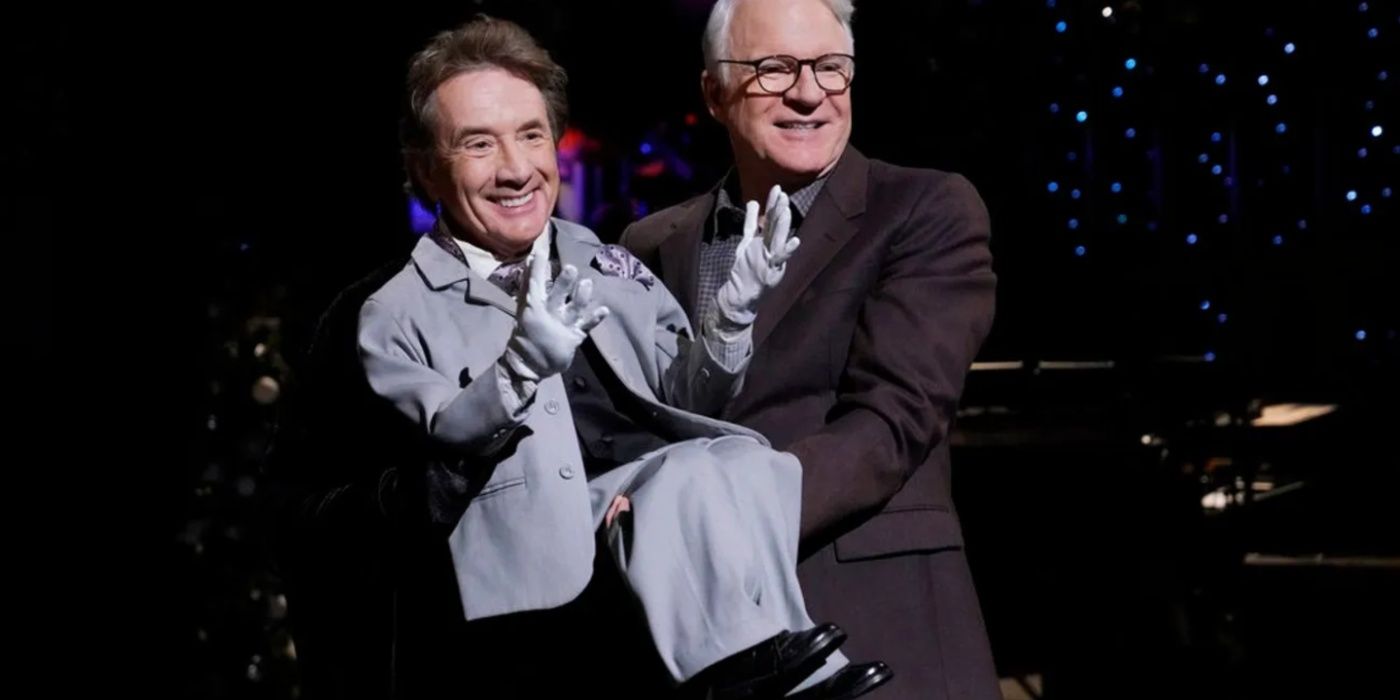
Following the triumph of “Blue Velvet”, David Lynch collaborated with Mark Frost on a script for a whimsical, slapstick comedy titled “One Saliva Bubble”. This film was based in the quaint town of Newtonville, Kansas, where a lethal virus, accidentally released from a clandestine government lab through an infected guard’s saliva bubble, caused townsfolk to swap identities, resulting in some amusingly bizarre predicaments. Initially, Steve Martin and Martin Short were slated to star, but for reasons unknown, the production never materialized and remains unrealized. However, certain elements of this abandoned project can be seen reflected in the “Dougie” storyline from “Twin Peaks: The Return”.
4
Ronnie Rocket
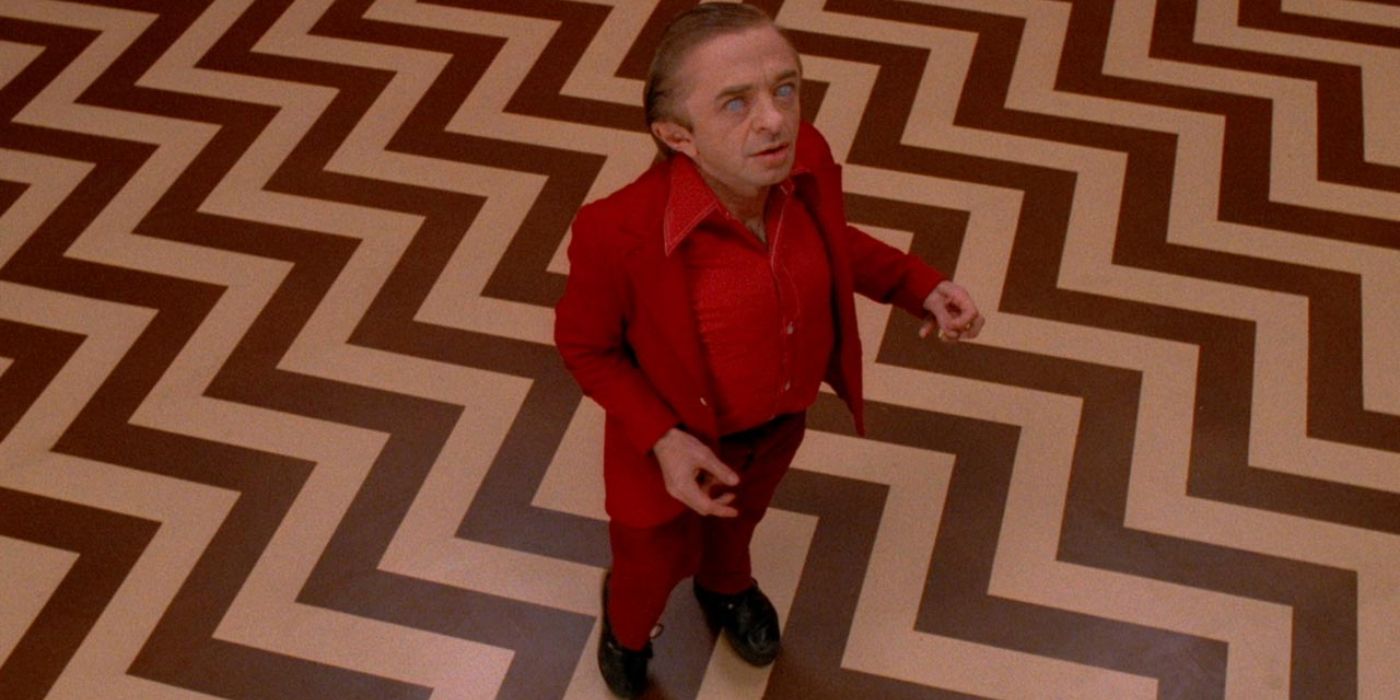
Following the debut of “Eraserhead”, David Lynch sought to build upon his growing underground fame by creating another similarly peculiar full-length film, which he named “Ronnie Rocket: The Peculiar Enigma of the Odd Powers of Existence“.
The initial version that was published online suggests that the story of Ronnie Rocket revolves around Ronald d’Arte, a character rumored to be portrayed by Michael J. Anderson from “The Man From Another Place.” This short man transforms into a teen after an operation goes awry, which grants him the capacity to manipulate electricity. He utilizes this power to launch a music career under the moniker Ronnie Rocket and ascends to stardom as a rockstar. Additionally, there appears to be another storyline that seems unrelated, involving a detective on a peculiar train. This character is in pursuit of the entrance to “the second dimension,” all while being chased by “Donut Men.” These men also have the ability to control electricity.
According to Lynch, Ronnie Rocket was so odd that even by his own quirky standards, producers were unwilling to take a chance on him. Later, Lynch chose to direct an already written script, allowing him to infuse it with his distinctive style: The Elephant Man. In the time since then, Lynch has occasionally attempted to breathe life into Ronnie Rocket; both Mel Brooks and Francis Ford Coppola have shown interest in helping produce the film.
3
Dune Messiah
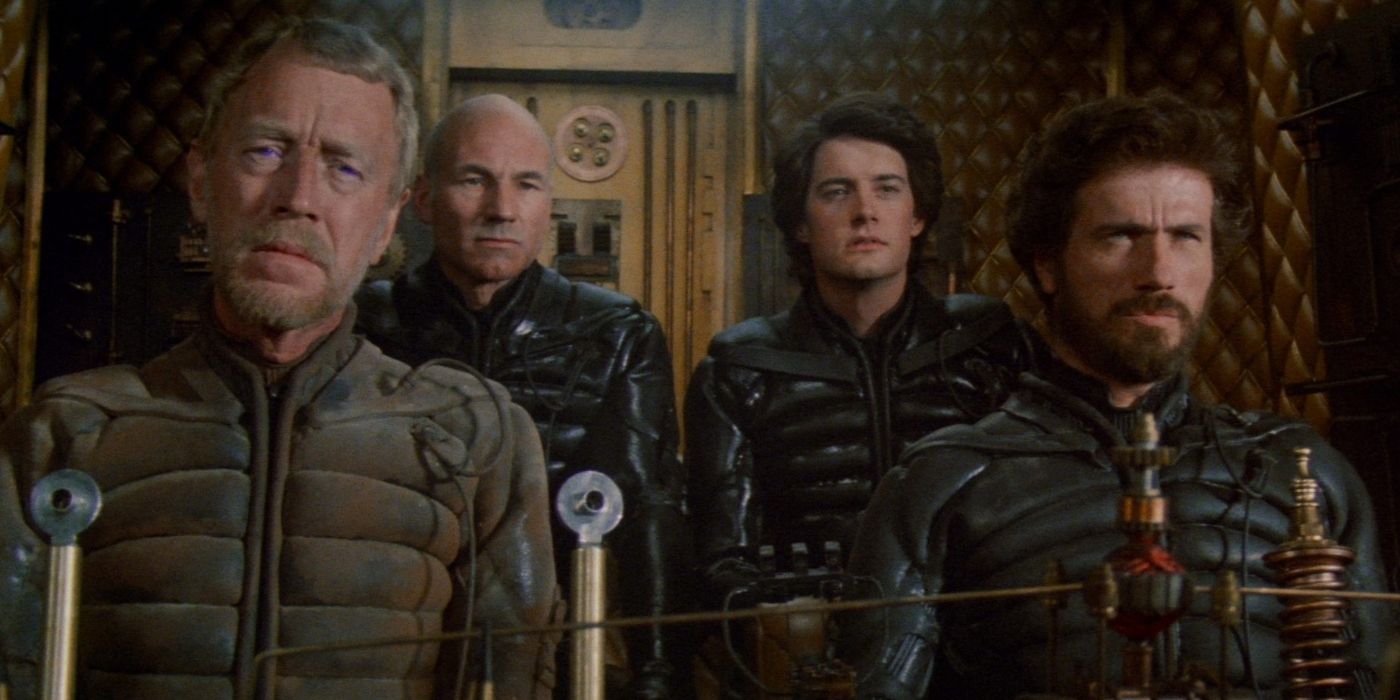
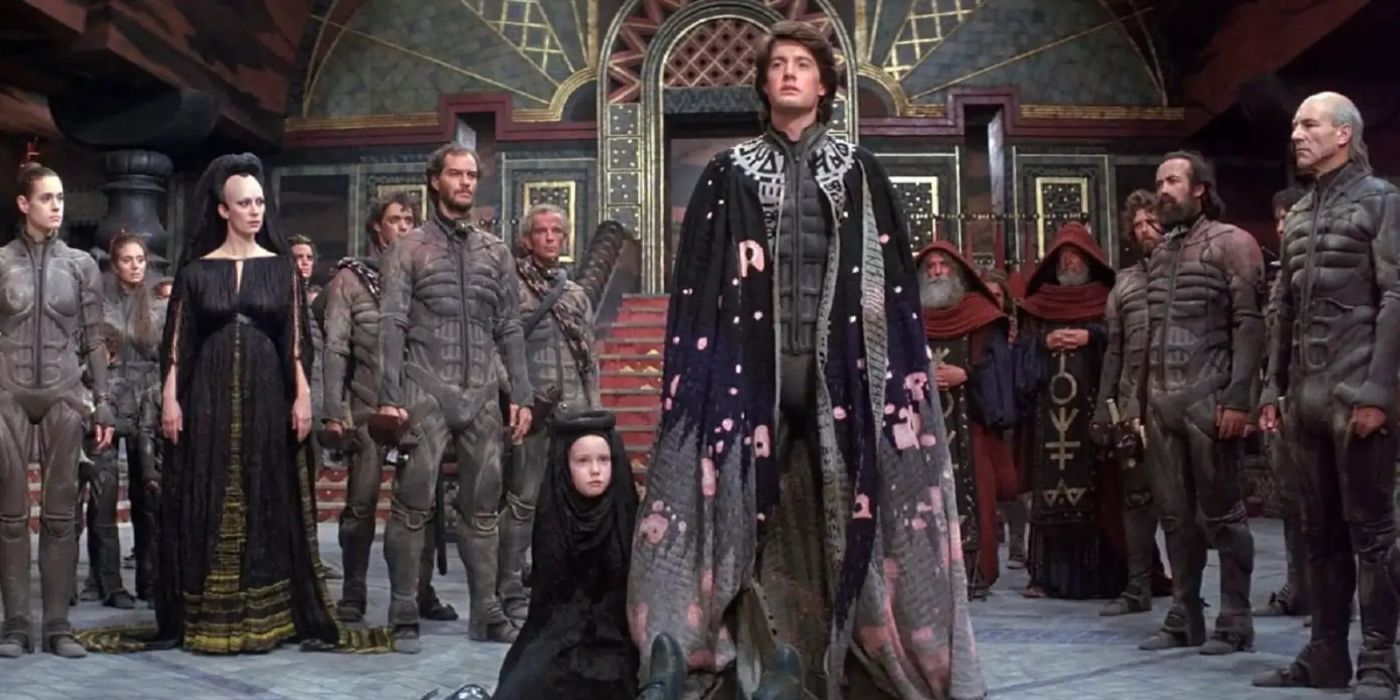
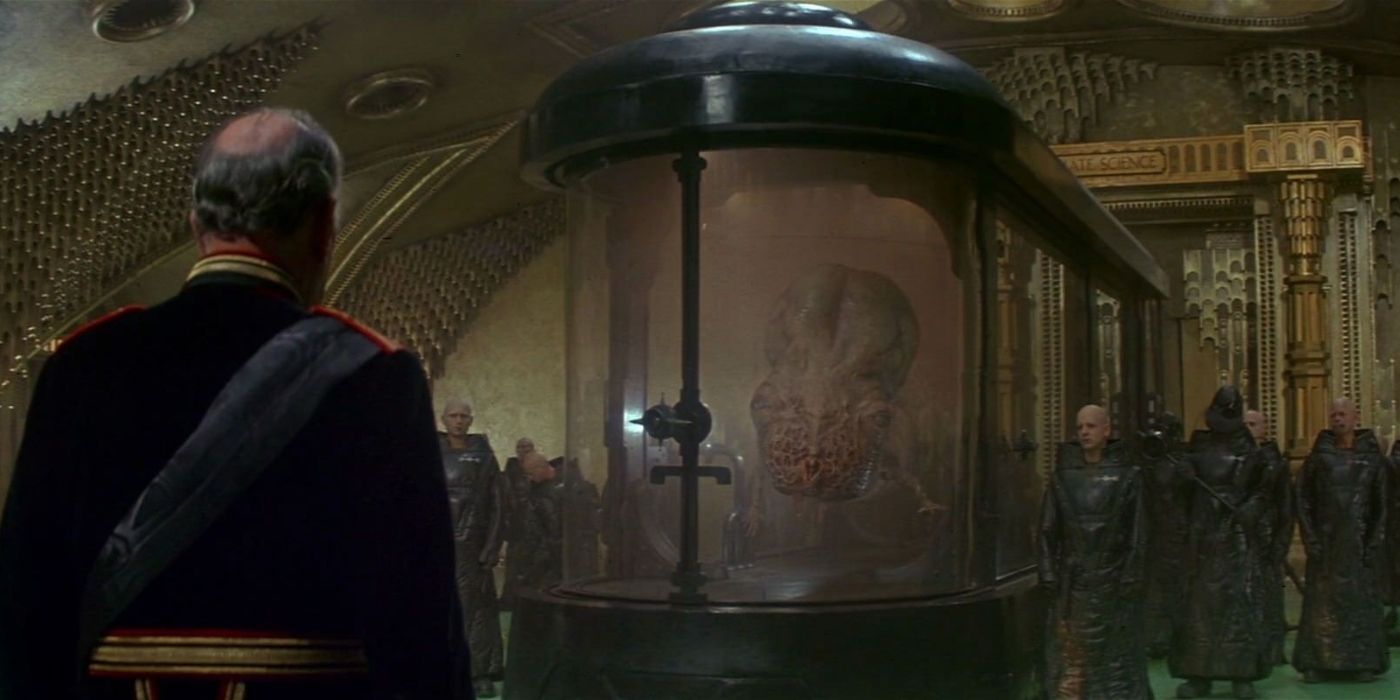
David Lynch’s 1984 interpretation of Dune was a significant commercial flop. The movie generated only $31 million globally, falling far short of its production budget of $40 million and failing to recoup costs. As a result, plans to revisit Frank Herbert’s book on the silver screen were temporarily shelved for many years. However, for admirers of David Lynch, his Dune adaptation is viewed as an overlooked and misconstrued piece of cinema. Despite the film’s underperformance at the box office, Lynch himself remained enthusiastic about the project, expressing interest in developing the sequel, titled Dune Messiah. He initiated a script for the sequel, which was to occur 12 years after the events of the first movie, with Lynch describing it as “more like a neighborhood story” featuring “some truly fascinating elements.” However, the script remained unfinished.
2
The Lemurians
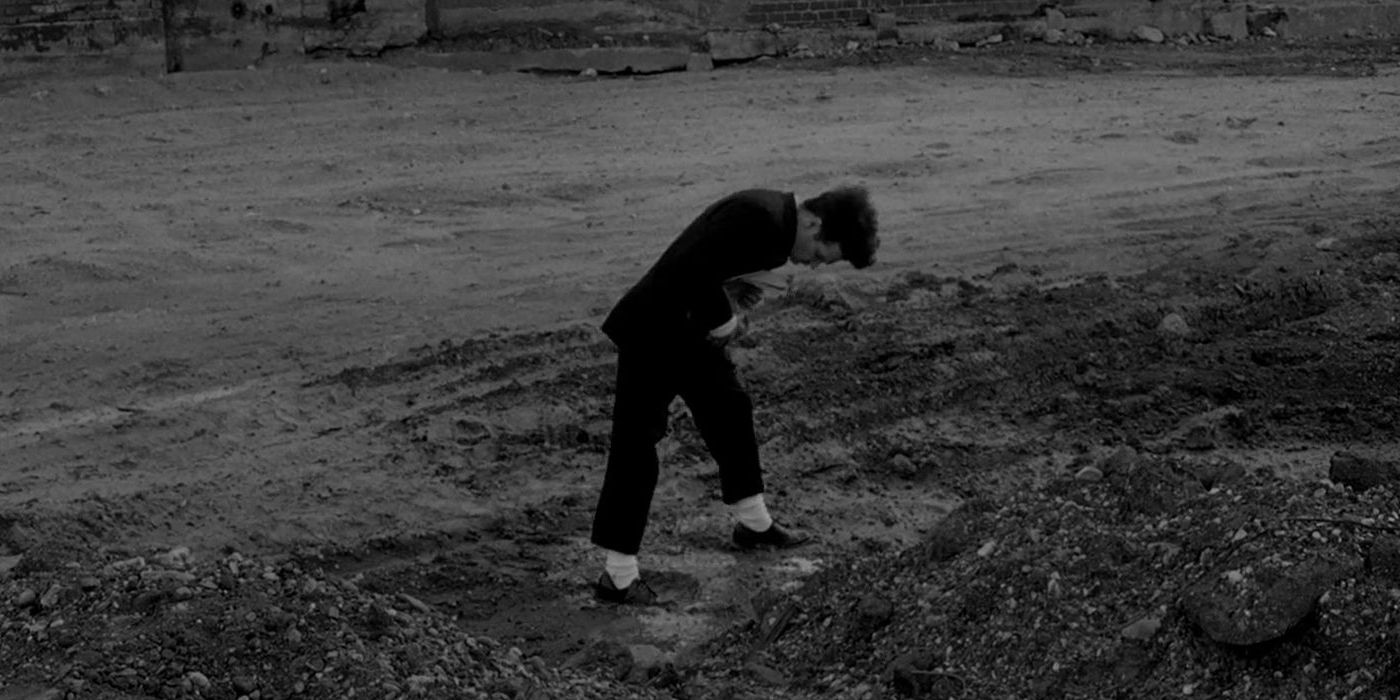
As a devotee, I must say that David Lynch’s creative palette was vastly diverse, and it’s fascinating to imagine one peculiar endeavor that could have been breathtaking under his artistic lens. The notion of the Lumerians traces back to Philip Sclater, a zoologist who speculated in 1864 about a lost continent to account for lemur fossils found in Madagascar and India. Although this hypothesis has since been discredited by the scientific world, Lynch yearned to breathe life into it, crafting a narrative around the decline of Lumeria, and the unintentional release of its residents onto our planet, resulting in a touch of unexpected mayhem.
Before their collaboration on Twin Peaks, David Lynch and Mark Frost brainstormed an idea for a series that centered around detectives investigating extraterrestrial phenomena. If brought to life, this would have been quite a thrilling journey, but unfortunately, the project never progressed beyond its initial concept stage, with the reasons behind its abandonment remaining undisclosed. The scripting phase was never reached for this intriguing idea.
1
Love in Vain
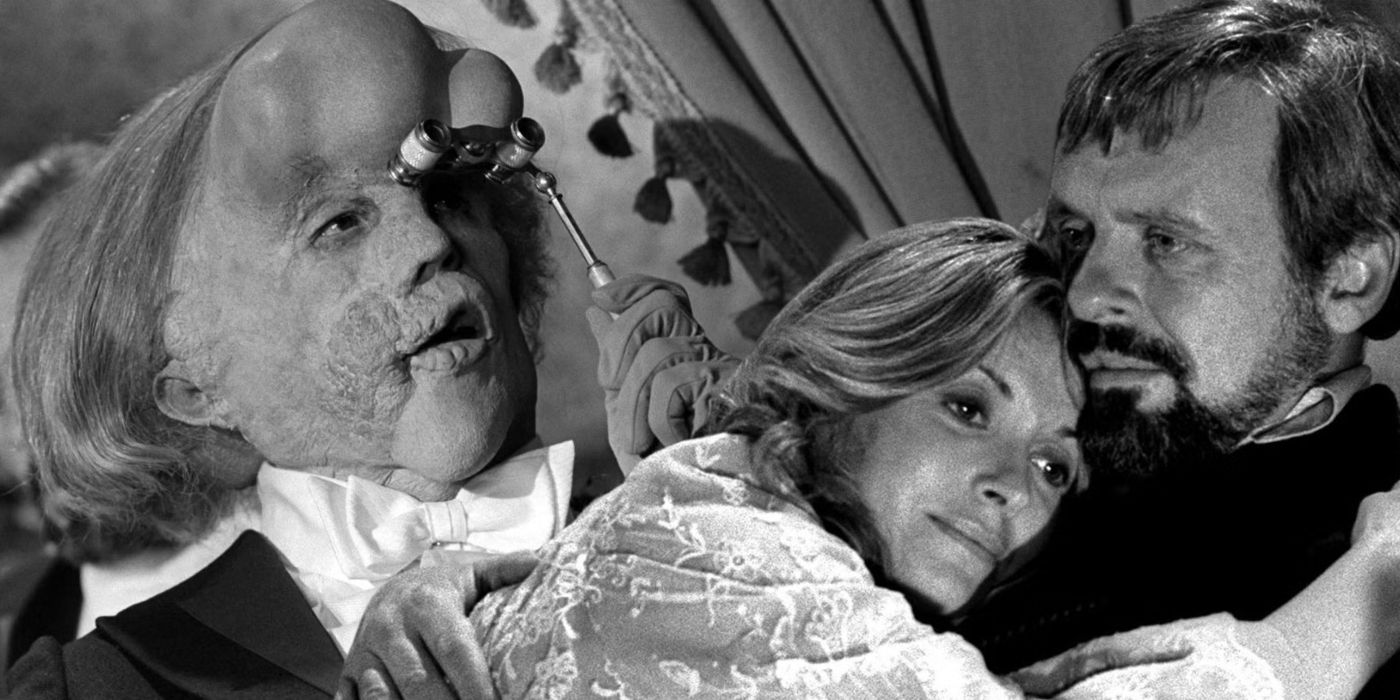
The adaptation of Alan Greenberg’s screenplay titled “Love in Vain” about the renowned blues musician Robert Johnson has been regarded as one of the great unproduced movies for quite some time. David Lynch expressed interest in directing this film shortly after wrapping up Elephant Man, captivated by the concept of a man trading his soul to the devil for fame. However, he was doubtful about his ability to handle a story deeply rooted in Black history and culture.
Different directors have been linked to the movie, initially Martin Scorsese was rumored for the project. Later, Lynch expressed interest in directing it again, with news in 2018 that he was gathering funds to finally make Love in Vain a reality. Lynch’s film The Elephant Man, while sometimes underappreciated in discussions of his work, showcases another facet of his creative talent that could have been fascinatingly explored in Love in Vain.
Read More
- Grimguard Tactics tier list – Ranking the main classes
- Gold Rate Forecast
- 10 Most Anticipated Anime of 2025
- USD CNY PREDICTION
- Box Office: ‘Jurassic World Rebirth’ Stomping to $127M U.S. Bow, North of $250M Million Globally
- Silver Rate Forecast
- Black Myth: Wukong minimum & recommended system requirements for PC
- Mech Vs Aliens codes – Currently active promos (June 2025)
- “Golden” Moment: How ‘KPop Demon Hunters’ Created the Year’s Catchiest Soundtrack
- Castle Duels tier list – Best Legendary and Epic cards
2025-01-20 06:03